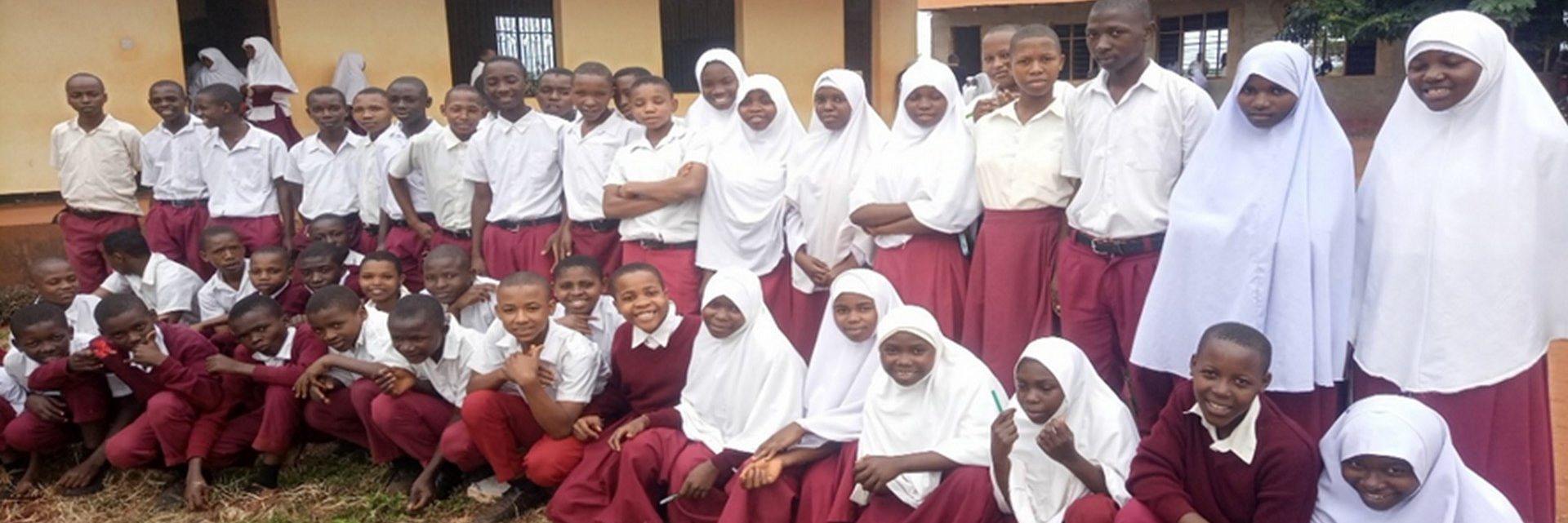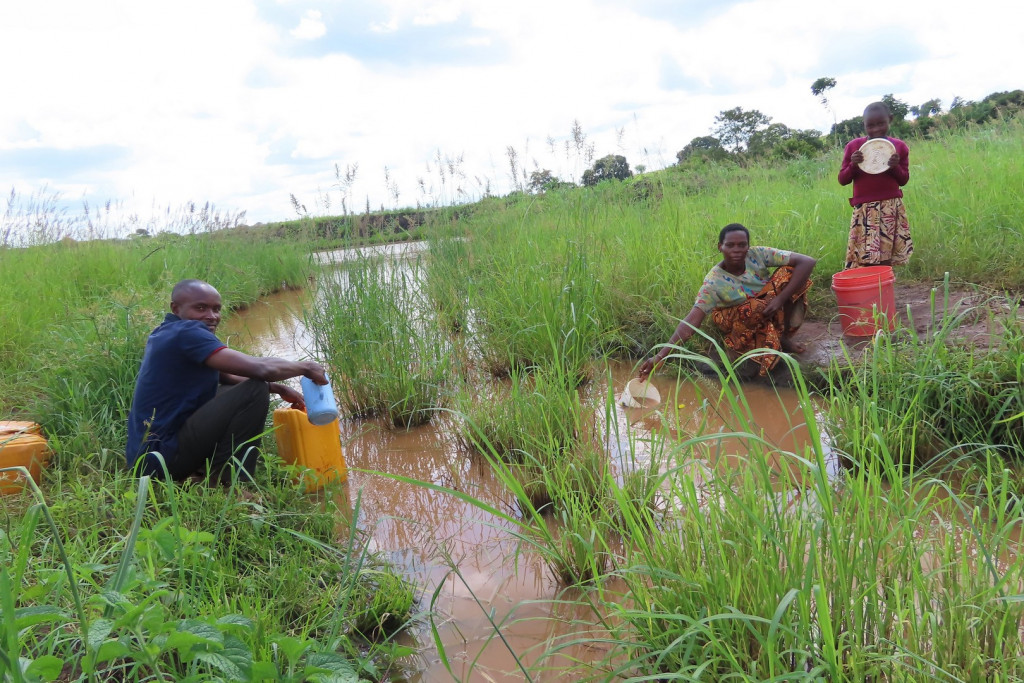Kwedizinga, Tanga Region, Tanzania
In collaboration with

August 2023 – december 2024
In addition to reducing water-borne diseases and improving the livelihood of village families, the project provides knowledge of aquifers and how to dig and maintain a well and distribute water.
Objectives
- To improve the quality of life of the inhabitants of Kwedizinga and its neighboring communities, providing sustainable access to safe water.
Beneficiaries
3,890 direct
1,433 children under 15 and 2,060 women.
596 indirect
213 children under 15 and 360 women.

On the ground
LDependence on surface water causes children’s diarrhea, harms women, and does not guarantee to be able to water livestock in the dry season.
Currently, the village of Kwedizinga only has two small ponds to obtain water for domestic use. This water is not potable. In addition, the two ponds are seasonal, and the community only has them for a very short time. In the dry season in the coastal region of Tanga, where the town is located, the lack of water makes it difficult to irrigate crops and raise livestock.
The lack of clean and potable water contributes to increased water-borne diseases affecting the area’s children, like diarrhea, weakening the population’s health. The most affected are the children since it affects their attendance at school and deteriorates their educational level.
On the other hand, women spend a lot of time fetching water, to the detriment of different economic and social aspects in which they are necessary, increasing their poverty and harming the entire community’s well-being.

In detail
The direct beneficiaries of this project are the population that lives in the village of Kwedizinga; they belong to 711 households in seven sub-villages: Vibaoni, Mnyundo, Godauni, Majengo, Mlangali, Bombani, and Shule. People from the nearby villages of Ugweno and Taula will also benefit.
The execution follows the following phases:
- Realizar un estudio un estudio hidrológico de las aguas subterráneas y determinar la ubicación más adecuada para su explotación con mayor rendimiento posible.
- Carry out a hydrological study of groundwater and determine the most suitable location for its exploitation with the most significant possible yield.
- Drilling of a well about 180 m deep, including installing a PVC lining pipe and supply of gravel and concrete for sanitary sealing.
- Drilling washing, pumping tests, water quality analysis and reporting.
- Supply materials, accessories, and labor for installing a mechanized solar energy pump to extract water from the well to the elevated storage tank. Construction and fencing of the pump house.
- Supply and install pipes, valves, chambers, and ten water distribution points (community fountains). Excavation of trenches for the placement of pipes and filling them to ensure that the population has access to water within a radius of 400 meters.
- Construction of a 50 m3 storage tank, raised to a height of six meters, for water distribution by gravity.
For the implementation, we will work with RUWASA (Rural Water Supply and Sanitation Agency) and the communities participating with labor. This intervention will complement the effort of World Vision Tanzania in the Tanzania Water Sector Development Program.
World Vision Tanzania will handle the project’s design through World Vision WASH Engineers, procure and hire the contractor, and supervise and control the execution.
RUWASA will be in charge of the design documents, which include plans and technical specifications, and will technically supervise their execution. It will also inspect the development and grant the certificate of completion. It will also train the Water Users Committee to manage the project.
Prospects for sustainability
Capacity building and awareness will help the whole community understand this project’s importance and identify with it. The local leaders will be an integral part of the design, execution, and management.
The training of the Water Users Committee will cover the mobilization of resources, financial management, environmental conservation, promulgating laws to protect water sources and wastewater management. This will guarantee sustainability. The bank account opened by the Committee will provide funds for the operation and maintenance of the project.

